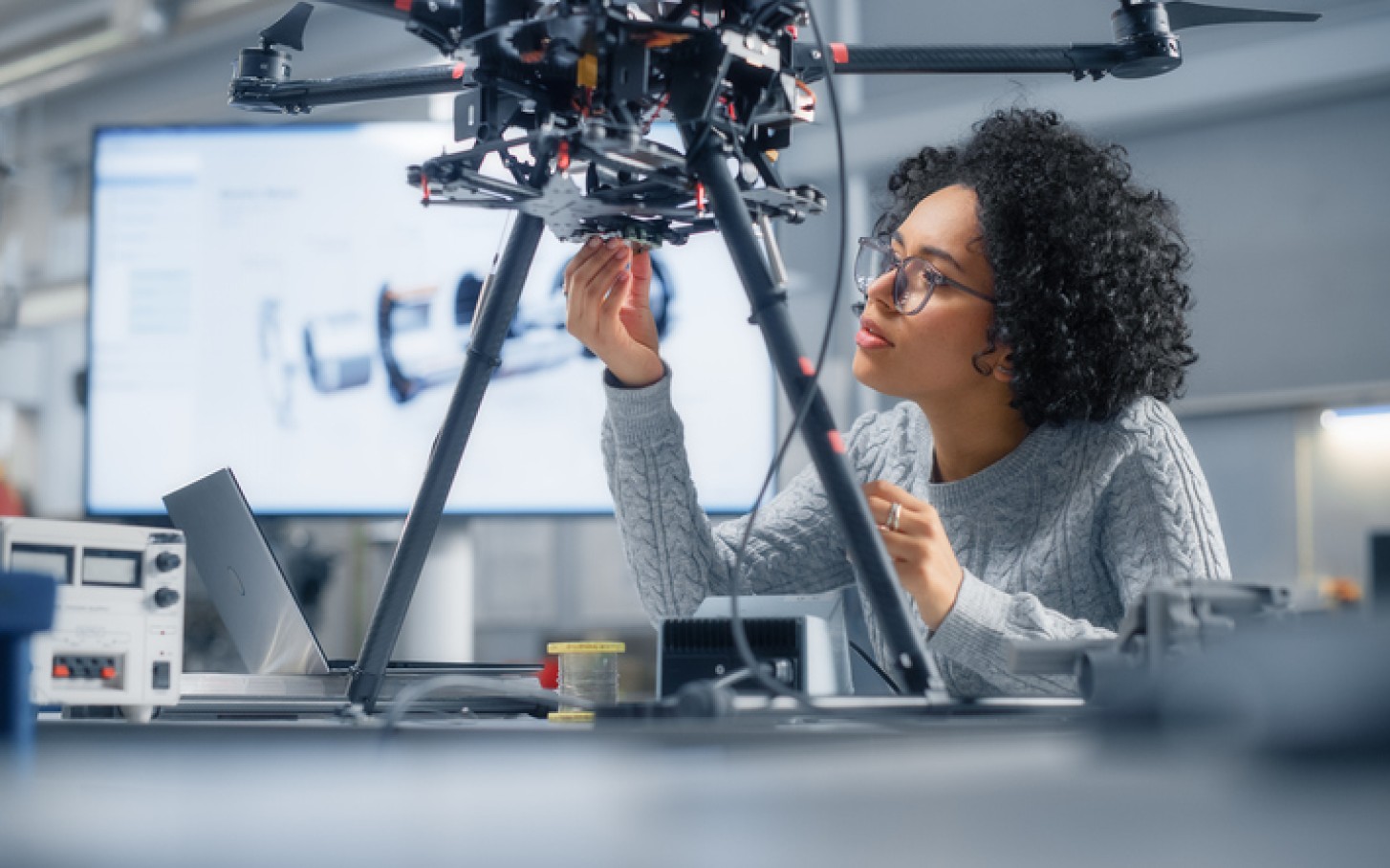Timeline for the application process
Get an overview of what you should consider throughout the process, from before you apply for a patent until after your patent has been granted.
Patents protect specific solutions to a technical problem. You can get a patent for inventions that have a technical nature and technical effect, and that can be reproduced. The invention must differ significantly from what is known.
Get an overview of what you should consider throughout the process, from before you apply for a patent until after your patent has been granted.
Before you proceed with your patent application, it is a good idea to check if other inventions exist that resemble yours, as this could prevent your application from being successful. Read more about search in databases.
Are you ready to send us an application? Begin or continue your patent application here.
A patent protects a concrete solution to a technical problem. You can get a patent for an invention. You can be granted a patent for technical products, processes or uses if the invention is new, has an inventive step and is possible to replicate.
Examples include blood analyses, computer technology and zippers.
You cannot obtain a patent for:
Developing a new product often requires large investments. A patent can give you an important competitive advantage because you get exclusive rights to exploit your invention commercially.
Patents give you a documented exclusive right that can:
Patents are usually more valuable than patent applications, since it is not certain that an application will be granted.
The value of maintaining a patent can change over time, and should therefore be reviewed regularly.
Patenting takes time and is best suited for solutions that have a long lifespan in the market.
Regardless of whether you choose to patent or not, you should pay attention to what rights others have, so that you do not infringe their rights. Then you can avoid litigation and possible compensation claims.
You can do searches yourself in the Norwegian patent register or in international databases.
You should make a cost-benefit assessment before you choose to invest in a patent protection.
If you find that a patent is a useful tool for you and you choose to patent your invention, you should be prepared to be able to defend the patent if others infringe on your patent rights. This requires knowledge of the patent system and can be expensive.
You should also consider whether alternative strategies such as secrecy, publication, design registration or trademark protection may be right for you.
An invention must be new to be patentable. This means that any publication, anywhere in the world, can be an obstacle to your patent application.

To obtain a patent, your invention must be:
This means that the invention cannot be known before the delivery date of the application. This means that it cannot have been published, mentioned or made public before you submit the patent application.
For example, your invention will be known if it has been mentioned in previous patents, journals or in other literature (applies worldwide). Similarly if you have shown it at an exhibition or during a lecture, or if it has been mentioned in a newspaper, a brochure or in any oral way. It has then been made known, and is therefore not new anymore.
This means that the invention must differ essentially from existing solutions and inventions. It cannot be a simple modification of something that allredy exist.
The invention must be possible to reproduce. This means that a professional must be able to understand and reproduce the invention, or be able to carry out the method, based on what is described in the patent application.
You must not disclose your invention to others until you have filed a patent application. In some cases, it is an advantage if it is not disclosed until after you have received a statement about the patentability of the invention. There may be deficiencies in the application which mean that you have to file a new application. It is then important that the invention has not been made known during the time that has passed since the application was submitted.
If you want to show your invention to a potential manufacturer, it is important that you specify that the information must be kept secret. The person should sign a non-disclosure agreement so that you do not risk the idea becoming known.
If you disclose the idea in a way that makes it available to the public before you file the patent application, you have disclosed your invention. This may prevent you from obtaining a patent, as described in claim number 1 above.
Start the patent application process using our application guide. The link goes to a login page. After logging in, you can start the application.
See what you need to have ready before you start submitting a patent application.
We offer a number of recordings of previous courses and seminars on patents and other intangible assets. You can watch these for free when it suits you.
Get an overview of what opportunities you have and what you must do if you want to file an application. The experts at NIPO have long experience and know what you should think about.